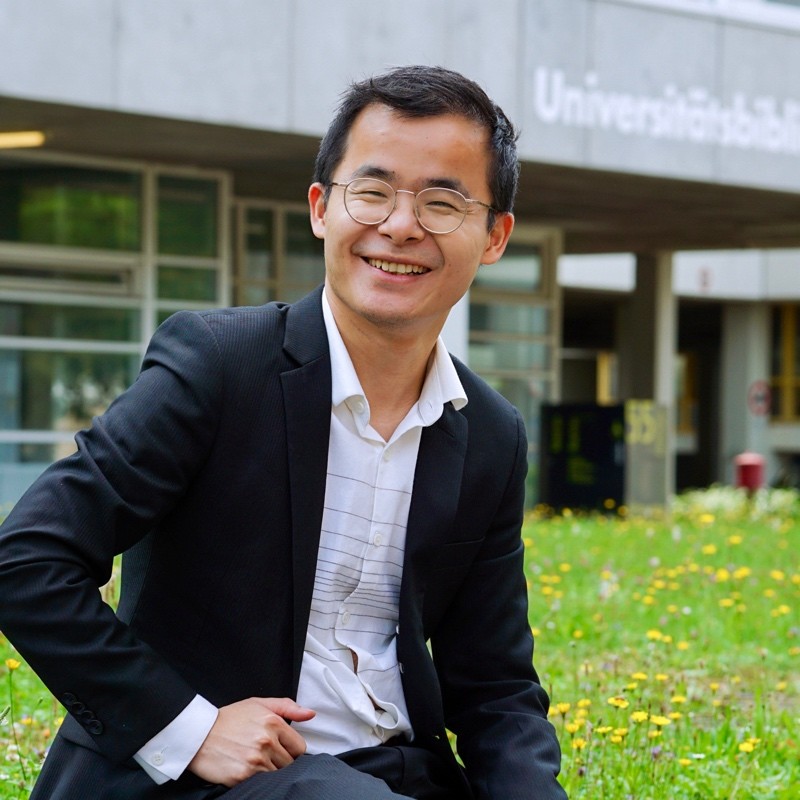Bo Xiong
Postdoc @ Stanford University

I am a Postdoctoral Scholar in AI at Stanford University, under the supervision of Prof. Mark Musen. Prior to that, I received my Ph.D. (with summa cum laude) in computer science at University of Stuttgart, Germany and the Intl. Max Plank Research School for Intelligent Systems (IMPRS-IS), under the supervision of Prof. Steffen Staab. My PhD was funded by the Marie Skłodowska-Curie PhD Fellowship. I was an associate member of the TrustAGI Lab, advised by Prof. Shirui Pan. I have published 30+ papers and/or served as PC in premier AI conferences such as NeurIPS, ICML, ICLR, KDD, ACL, WWW, EMNLP, AAAI, etc. My research has been awarded the Best Student Paper Award of ISWC’22, SWSA Distinguished Dissertation Award 2025, and GI Dissertation Award 2024.
Recent News
| Dec 07, 2025 | Invited talk at NEGEL Workshop at NeurIPS’25 in San Diego |
|---|---|
| Oct 07, 2025 | Invited to serve as Arear Chair for ACL Rolling Review (ARR) |
| Aug 21, 2025 | One paper was accepted by NeurIPS’25 as Spotlight paper |
| Aug 21, 2025 | I was awarded the SWSA Distinguished Dissertation Award 2025 |
| Jul 21, 2025 | I was awarded the GI Dissertation Award 2024 by the German Informatics Society (GI), jointly with the Swiss Informatics Society (SI) and the Austrian Computer Society (OCG) |
| May 21, 2025 | Two papers (1 poster + 1 spotlight) were accepted by ICML’25 |
| Feb 21, 2025 | One paper was accepted by IEEE TPAMI (IF 20.8) |
| Jan 22, 2025 | One paper was accepted by ICLR’25 |
| Jan 22, 2025 | Two papers (1 main, 1 short) were accepted at WWW’25 |
| Jan 22, 2025 | One long paper was accepted by NAACL’25 |
| Dec 01, 2024 | I started a Postdoc position at Stanford University |
| Sep 21, 2024 | Three finding papers in were accepted by EMNLP’24 |